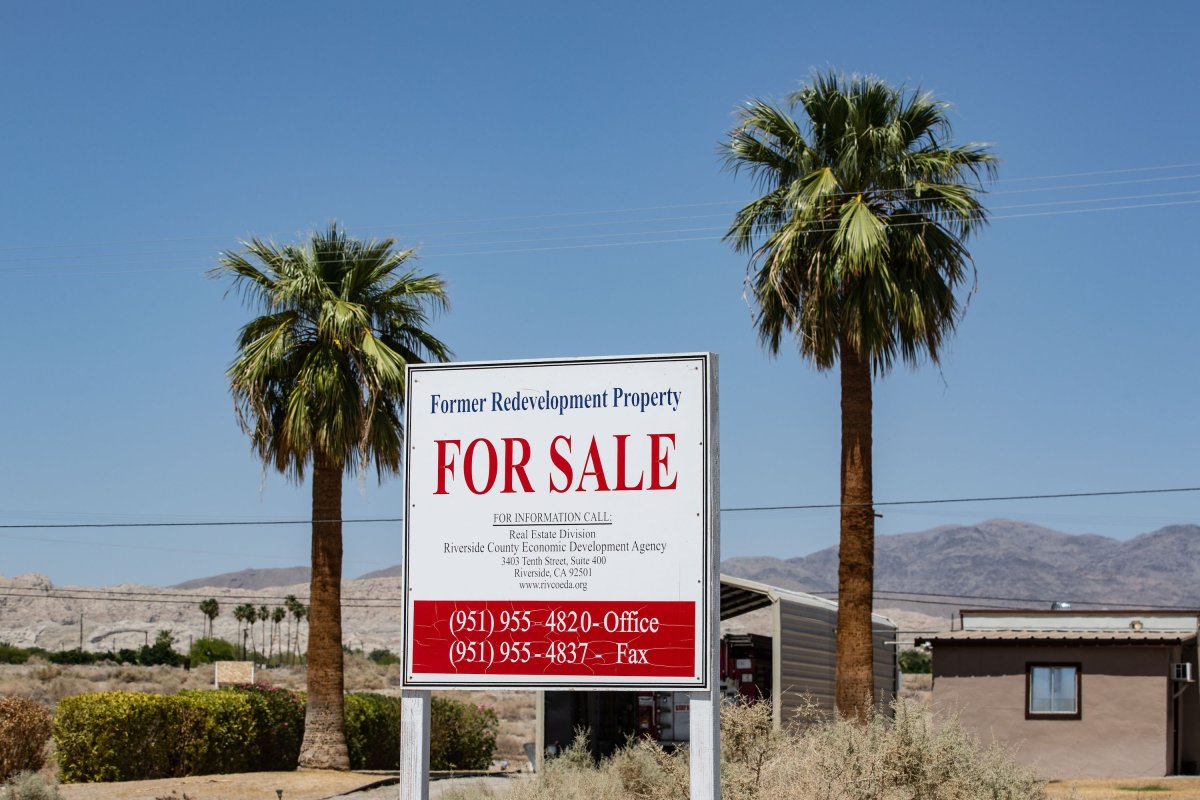The economics of housing is a funny thing. It's always been cyclical. There are times when buildings sit empty, sentiment is in the doldrums, and bankers have the lights turned off in the construction loan office. There are other times when, at Thanksgiving dinner, your nephew tells you he quit his job to flip houses and asks if you want to invest.
The housing industry is also highly regulated. There are locales where, three years after you apply for permits to build a new apartment building, you're still attending public hearings to debate the building's shadows, how many parking spaces you will have, and what rents you will charge. There are other places where you can drop in a septic tank, haul in a double-wide, and you're good to go.
But as everyone knows, one question increasingly dominates every conversation about this funny business: why are homes getting so expensive?
Is it because of the "irrational exuberance" of a bunch of dummies who have more cash or credit than sense and outbid you at every turn? Or are homes so expensive because there aren't enough of them to go around? Since different and sometimes contradictory forces are always present, the answer is complex. My new research points toward the heart of the matter: home prices are high because rents are high. Rents are high because there aren't enough homes.
Lately, the size and quality of American housing has stagnated. Adjusted for inflation, one measure of the housing supply—the real value of the housing we use—hasn't been keeping pace with other economic changes for decades. Since the Great Recession, it hasn't really increased at all on a per capita basis. That's not exactly madness for McMansions. We're skimping on housing.

Yet even as we make do with less housing, we spend more and more on it. In the 1970s, the market value of owner-occupied homes was about 80 percent of gross domestic income. It has doubled to about 160 percent. The rental value of those homes also increased, from less than 6 percent of gross domestic income each year to about 8 percent.
During that same period, the inflation of the rents Americans pay has outpaced the inflation of our incomes by nearly 50 percent. Rents and prices are going up even on homes that aren't getting bigger or better at all. And that's because we've made it so much harder to make new ones. Localities, doing the bidding of residents who already own homes and don't like change, are so effective at holding up new units to micromanage shadows, parking spots, and rents that we've wound up with millions fewer units than we could use, causing rents on the old units to go up dramatically.
This may be hard to believe when your nephew recruits you into his home-flipping operation, but the lack of housing is what's feeding housing cycles and making flipping profitable.
The ironic truth is, if overzealous investment cycles—rather than ever-tightening constraints on supply—had been driving housing spending for the past 50 years, real estate would still be worth 80 percent of our domestic income instead of 160 percent. We really would be mad for McMansions. Our homes would be bigger, better, and cheaper. We wouldn't give a second's thought to flippers, investors, vacant homes, or the motives of whoever outbids us for a home. When there's plenty for everyone, there's no need to squabble.
When prices are high, it feels like we need to slow everyone down and moderate their excesses. Chase away flippers and investors. Cut off other buyers' funding. Tax empty homes. Shame McMansion owners. Ban short-term rentals. But that instinct is what created the current problem. It systematically chases away everyone who can bring prices down by building more homes.
We need to go the other direction. Bring on the homes. More for owners, renters, and vacationers. That might mean more mortgages for first-time buyers and more homes owned by Wall Street firms. It means rethinking everything from local zoning ordinances to how mortgage bankers are regulated. Here's the riddle: when we have enough homes again, we will spend far less on them than we do now. But to spend less on renting and owning homes, we have to spend more on building them.
Kevin Erdmann is a senior affiliated scholar with the Mercatus Center at George Mason University, author, and former small business owner. His latest study, "Rising Home Prices are Mostly From Rising Rents," was published in August.
The views expressed in this article are the writer's own.
Uncommon Knowledge
Newsweek is committed to challenging conventional wisdom and finding connections in the search for common ground.
Newsweek is committed to challenging conventional wisdom and finding connections in the search for common ground.
About the writer
To read how Newsweek uses AI as a newsroom tool, Click here.








